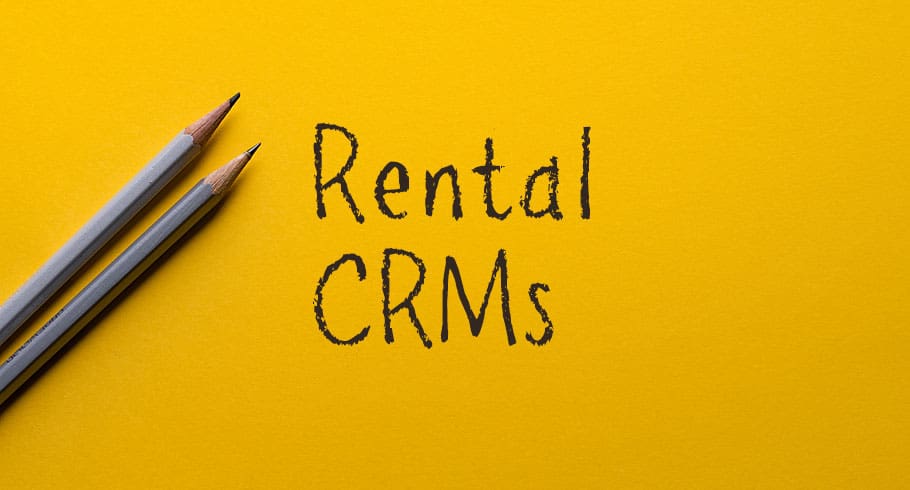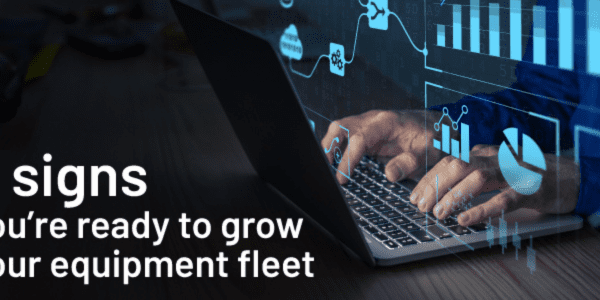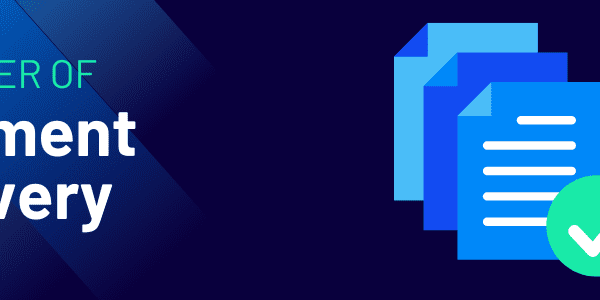
There is a long-standing concept within sales teams that salespeople are divided into hunters and farmers. Hunters like to look for new business, names and contacts. Farmers, on the other hand, like to sell back to existing customers. To a certain extent this same concept applies to the functionality that you need in your CRM system. Not every system is perfect for every scenario, particularly in the equipment rental industry where so much business comes from existing customers and from individual customers moving from company to company within the industries that you serve. So here’s some things to think about when you’re considering what type of CRM solution you really need for your rental business.
Where does most of your daily business come from?
If your salespeople are primarily concentrating on your existing customers (maximizing spend, engaging customers with new products, chasing down quotes, negotiating rental rates), then you need a CRM system that is tightly linked to every aspect of your rental business. The key here is integration–you don’t want a totally separate system. If a customer logs a breakdown call, then your salespeople need to be able to see it. If an existing customer wants a quote, you need to make sure the rates are accurate. You must have complete visibility of their rental history and you want to be able to copy old quotes and contracts to speed up the process. This type of CRM is more likely to form a fundamental part of your ERP. It may not even be called CRM, it may simply be a fundamental part of every action you perform within your daily activity on your ERP system.
If your salespeople are primarily concentrating on finding new business and getting that first rental (cold calling, setting up meetings, attending trade shows or events, reaching out on social media, etc.), then you need a CRM system that focuses on marketing lead generation, social media and campaign management. This type of CRM is more generic, so a market leader like Salesforce or Zoho might be more appropriate. This is the kind of CRM where integration to your ERP system is important, but very often once a new customer has been identified he/she then passes into the hands of your internal sales reps or onto your branch network and the relationship then changes.
Are your sales teams primarily focused on landing and keeping national accounts?
If you expect your sales team to concentrate on landing the big fish–big national or regional accounts–then something like Salesforce is more likely to be appropriate. But when it comes to keeping your national accounts, then your focus may actually come from data analysis as much as it does from tracking individual sales conversations. A national account will likely be trading across your branch network, coming into contact with people from every part of your business. Their sales experience is much wider than simply a conversation with a salesperson in a traditional “sales” role. Instead you have an entire network of people from their organization dealing with a similar network of people in your own. Tracking a broader array of conversations and issues can be used to feed data to your sales team about SLA data, such as on-time deliveries, breakdowns, rejected quotes, rate and billing queries, all the way to requests for credit memos.
Often when you are looking at landing a new national account your sales team isn’t even dealing with the people who will be using your services. Instead they may be dealing with a remote procurement team somewhere in the business headquarters. In this instance, the sales process is so separated from the rental business itself that your CRM system may not even have to be directly connected to your rental ERP. In this environment, you may be looking for reporting solutions that can track all sorts of events across your ERP. Feeding that data to your sales people as dashboards and KPIs makes it so that they can identify issues before they happen and support their sales conversations with procurement teams in those larger organizations. This is the type of data that is valuable to your sales people, but is generally captured more from your business data than from a traditional CRM system. So much of the relationship between a rental company and its customers is based not on salesperson conversations but on the day-to-day interactions with your entire organization that are captured in your rental ERP.
Do you regard your rental counters as sales people?
This might sound like a strange question to some rental companies, but not all rental counter teams are seen in the same way. If your rental counter teams primarily take information from external sales reps to create rentals and rarely talk to customers except from a strictly operational perspective (updating on and off rent dates, adding delivery instructions etc), then you may decide they aren’t part of your CRM roll out. They are administrators rather than salespeople, so if you are looking at external CRM systems such as SalesForce, then the cost of the license may put the business off rolling out licenses to your rental counters who already need to access your rental ERP. In this instance, focusing on the role of the ERP solution in making information easily available to your rental counter, and feeding activity information from their day-to-day interactions with customers to the salespeople out in the field becomes more important than specific “CRM” functionality.
If on the other hand your rental counter teams handle inbound calls from both existing and new customers, they essentially are your customer relationship team. What you need at the coal face is real-time activity that allows your rental counter to create prospects, add contacts within the normal rental process, add new customers that are standing in front of them, or take cash from a customer without a credit account. Here the transactional event is key. You just need to ensure that as part of that transactional event–the creation of a new quote or rental–you also capture things that might be useful for marketing or sales purposes later.
Summary
The nature of your business and the type of customers you serve has a fundamental affect on what type of CRM you need. More importantly though, it’s the nature of the sales relationship and whether your sales process needs to be embedded within your day to day activities or if it’s largely separate from it. This may change your requirements or even mean that you need to look at different solutions for different parts of your business. Ultimately, as long as your data can be accessed and combined for reporting purposes, then you can make sure that the right information gets to the right people within the business to enable timely and intelligent decisions.






